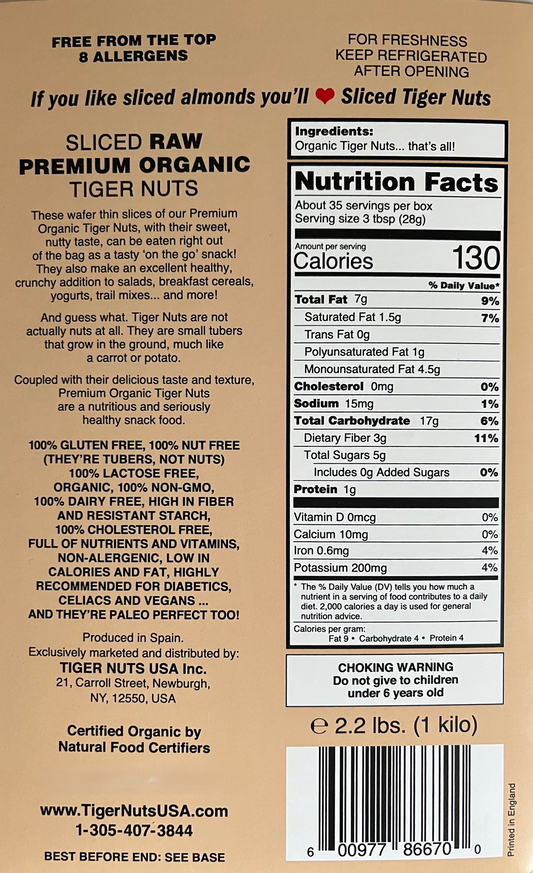In the contemporary world, autoimmune diseases have gained significant prevalence, affecting millions globally. The Autoimmune Protocol (AIP) diet stands out as a promising strategy for addressing the root causes of these conditions. This comprehensive guide explores the intricacies of the AIP diet, encompassing who should consider the AIP Diet, what the AIP Diet entails, where to find support for the AIP Diet, when to initiate the AIP Diet, and why the AIP Diet proves effective in managing autoimmune disorders.
What is the Autoimmune Protocol (AIP) Diet?
The Autoimmune Protocol (AIP) diet is a therapeutic dietary approach meticulously crafted to alleviate symptoms and mitigate inflammation associated with autoimmune diseases. Autoimmune disorders materialize when the immune system – tasked with safeguarding the body against external threats – mistakenly targets its own healthy tissues. This misdirected response induces chronic inflammation, triggering diverse symptoms that vary according to the specific autoimmune condition.
Built on the foundation of the paleo diet, the AIP diet prioritizes nutrient-dense foods while excluding potentially provocative or immune-activating substances. It encompasses an initial elimination phase followed by a systematic reintroduction of foods. During the elimination phase, participants steer clear of foods commonly known to trigger immune reactions, such as grains, legumes, dairy, processed foods, refined sugars, specific additives, and nightshade vegetables.
Who Should Consider Participating in the AIP Diet?
The AIP diet predominantly caters to individuals diagnosed with autoimmune diseases or those suspecting such conditions due to unexplained symptoms like fatigue, joint pain, digestive issues, and skin disorders. Prominent autoimmune conditions benefiting from the AIP diet include:
- Rheumatoid arthritis
- Hashimoto's thyroiditis
- Crohn's disease
- Lupus
- Celiac disease
- Psoriasis
- Multiple sclerosis
Nevertheless, it's vital to recognize that while the AIP diet serves as a valuable tool, it must not replace medical intervention. It's prudent to consult a healthcare professional before undertaking substantial dietary shifts, particularly for diagnosed autoimmune conditions or preexisting health concerns.
How Can the AIP Diet Help?
The AIP diet aims to attenuate inflammation, fortify gut health, and regulate the immune system. This objective is achieved by eradicating potential immune triggers, encouraging consumption of nutrient-rich foods, and addressing underlying gut imbalances. The gut's pivotal role in autoimmune ailments stems from its housing of a substantial immune component. A compromised gut barrier can result in "leaky gut", where undigested particles and toxins infiltrate the bloodstream, prompting immune reactions and inflammation.
By excluding common trigger foods and integrating healing foods like non-starchy vegetables, high-quality proteins, beneficial fats, and gut-supportive nutrients (such as bone broth and fermented foods), the AIP diet potentially yields the following benefits:
- Mitigating inflammation: By curtailing the consumption of inflammatory foods, alleviating symptoms like pain, swelling, and fatigue becomes feasible.
- Supporting gut repair: Nourishing foods and gut-supportive elements contribute to rebuilding the gut lining, curtailing leaky gut and subsequent immune responses.
- Identifying food sensitivities: The reintroduction phase empowers individuals to identify specific trigger foods, aiding in crafting personalized dietary choices.
- Balancing blood sugar levels: Through eschewing refined sugars and prioritizing whole foods, the AIP diet facilitates regulation of blood sugar levels, crucial for autoimmune management.
- Enhancing overall well-being: Embracing a diet replete with nutrients can enhance holistic well-being and energy levels, elevating the quality of life for those grappling with autoimmune disorders.
When and Where to Start the AIP Diet?
Timing initiation of the AIP diet necessitates the guidance of a qualified healthcare professional. They evaluate whether the AIP diet aligns with your specific condition, shed light on potential nutrient deficiencies, and monitor progress.
Embarking on the AIP diet warrants meticulous planning and preparation. Seek resources like books, online communities, and certified health coaches specializing in autoimmune conditions and dietary adaptations. These resources offer insights on meal planning, recipes, shopping lists, and strategies for surmounting potential hurdles during the diet transition.
In Conclusion
The Autoimmune Protocol (AIP) diet functions as a therapeutic strategy for managing autoimmune disorders by addressing their foundational causes. Through avoiding triggering foods and gradually reintroducing them to identify sensitivities, the AIP diet holds the potential for diminishing inflammation, fostering gut health, and uplifting overall well-being. Embarking on the AIP diet necessitates sound medical guidance and support. If suspicions of an autoimmune condition persist, or if you grapple with one, initiating a conversation about the AIP diet with a healthcare professional is prudent to ascertain alignment with your health objectives and individual needs.
This article about the AIP Diet was brought to you by Tiger Nuts USA www.tigernutsusa.com
You should know that all of our Tiger Nuts products are Gluten and Nut Free, Organic, High in Fiber and Nutrition, Low in Fats, Non Allergenic, AIP, Paleo and much more. Today you can use the Discount Code NUTS5 and Save 5% on any purchase of Tiger Nuts at www.tigernutsusa.com










